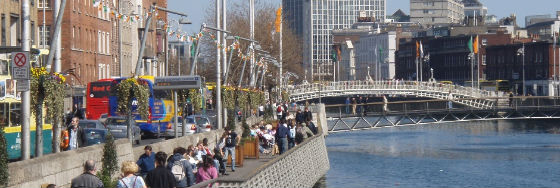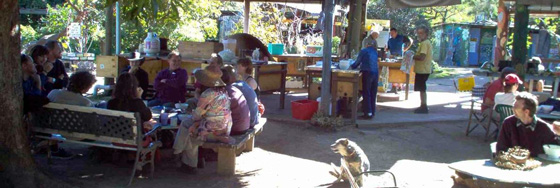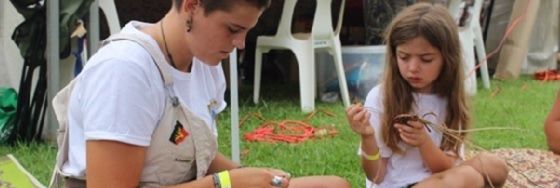
Research
Geographies of Justice

Thinking about justice is as much a geographical exercise as it is a social, environmental, political, and economic one. At CURS we consider multifaceted approaches to understanding justice and injustice through our interrogations of the institutions, processes, and events that shape the conditions for material and discursive forms of oppression and violence, or alternatively, for emancipatory individual and collective forms of action. Research in this area explores themes of social vulnerability and alienation, care and belonging, stigmatization, forced migration, othering, critical animal studies, and the potential of participatory community development, critical pedagogies, and practices of reciprocity and mutual aid in the pursuit of justice.
Current projects
Changing Places

We live in uncertain times facing an environmental future shaped by climate change, and other significant cultural, social and economic challenges. CURS researchers are working on projects to explore changing places in three ways. First, we are exploring how places are changing through places based studies on housing and urban regeneration, social infrastructures of care, changing rural places, natural resource contestation and management, land use transformation, energy development and the locally specific impacts of neoliberal policies and practices. Second, we are pioneering new methods of exploring places. Our research draws on new techniques digital technologies to record human and non-humans co-creating places using a range of senses, including sound and touch. Third, we research in partnership with place-based allies to produce research to change places for the better.
Current projects
- Gendered Narratives of Resistance
- Encounter and Exchange: Assessing social contributions of arts festivals in regional Australian communities
- Emotional geographies of community resilience
- Deep Listening to the Anthropocene
- Hazelwood Health Study: Community Wellbeing Stream
- Place and the Dancing Body
- Port-Side Place making
- Building a More Sustainable City: Official and Everyday Practices of Urban Regeneration
Critical Development Studies and Indigenous-led Geographies

A commitment to social justice and transformative politics both within Australia and internationally underpins this research area, where we emphasize a decolonizing imperative. CURS researchers work collaboratively with Indigenous people, social movements, non-governmental organisations, and policy-makers both locally and around the world. Our work in this area is committed to addressing the spatial dimensions of human and environmental vulnerability to help build spaces of possibility.
Current projects
- The Bawaka Collective:Yolŋu women’s keening of songspirals: centring Indigenous understandings to nourish and share people-as-place
- Yandaarra: Caring for Country in Urban and Rural Settings
- Building Resilience in Agri-food Systems in Asia through Sustainable and Equitable Practices
- Nurturing the strengths and capacities of asylum seekers and refugees
- Strengths-based Practices for Working with Aboriginal Communities
- Weather cultures: Enhancing adaptive capacity to environmental change
- Critical Pedagogies
- Geographies of Contemporary Cambodia
- Strengths-based approaches in rural India
The University of Newcastle acknowledges the traditional custodians of the lands within our footprint areas: Awabakal, Darkinjung, Biripai, Worimi, Wonnarua, and Eora Nations. We also pay respect to the wisdom of our Elders past and present.